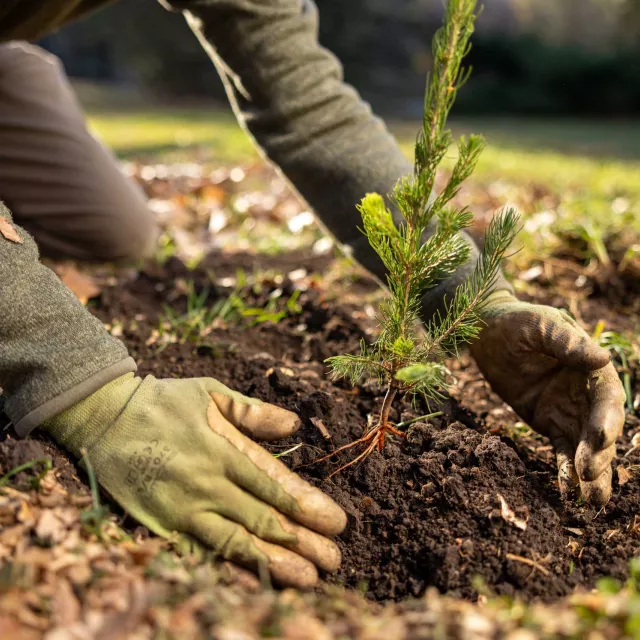In a vibrant cultural evening, the General Union of Writers and Authors in Iraq honored writer Ammar Al-Marwati. The event, hosted by the Narrative Club, celebrated his contributions to literature and storytelling. It brought together authors, critics, and narrative enthusiasts in an engaging and creative atmosphere.
The session took place under the guidance of literary figure Hussein Mohammed Sharif. He opened the discussion by presenting Al-Marwati’s literary journey. Sharif also highlighted Al-Marwati’s deep research into a unique narrative form known as “al-Marwah.” This form blends elements of the novel, short story, and narrative fiction. It has sparked rich academic and literary debates in recent years.
During the discussion, Al-Marwati stressed the value of narrative in shaping thought and emotion. He emphasized the importance of the “threshold” in modern storytelling. According to him, this threshold serves as a guiding concept, even when it doesn’t connect directly to a specific text or memory.
Al-Marwati explained that narrative is not just a form of language. Instead, it is a creative achievement guided by the author’s distinct style. He stated that authors do not simply use language to deliver meaning. Rather, they shape it into a tool of expression. He argued that language in narrative works goes beyond being a communication tool. It becomes part of the identity of the text itself.
As the evening progressed, the power of narrative remained the focus. Al-Marwati added another creative layer by performing original musical pieces. He dedicated the first one to the memory of the late poet Jumaa Al-Lami. These compositions added emotional depth to the event.
Several attendees contributed with reflections that combined music and literature. These interactions created a rich, artistic fusion. The session proved that the power of narrative is not limited to words. It lives in sound, memory, and artistic expression.
By the end, everyone felt the lasting impact of the power of narrative, not just as a concept but as a living experience.



